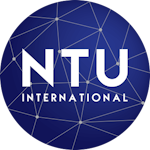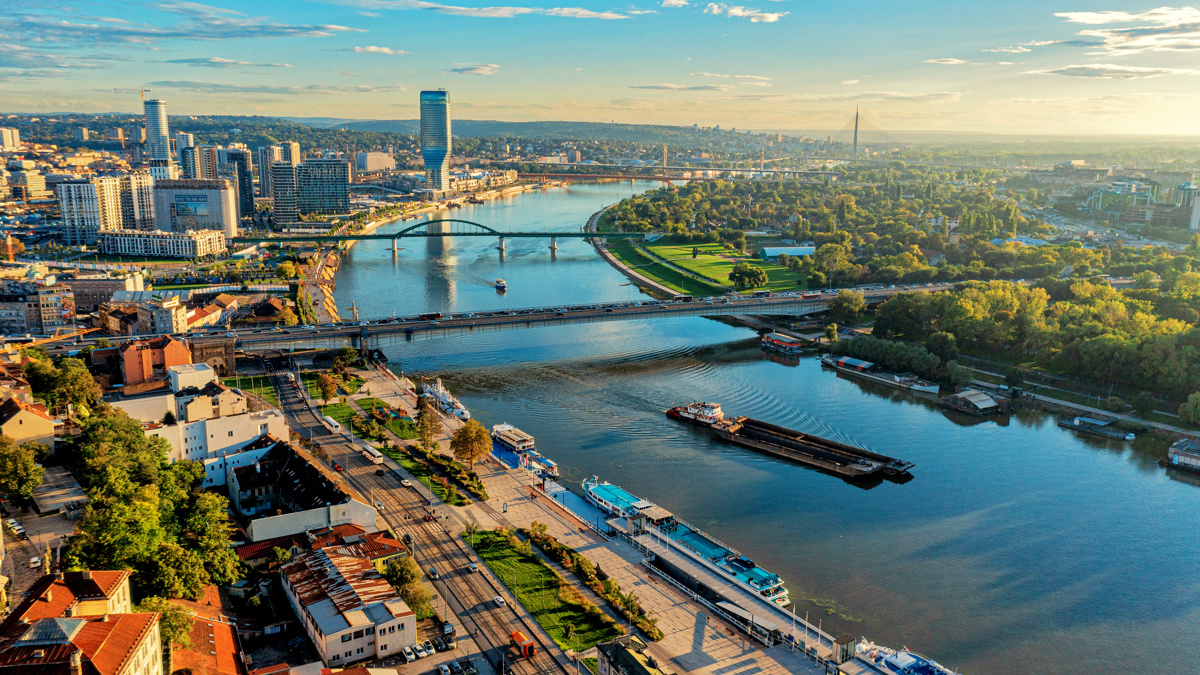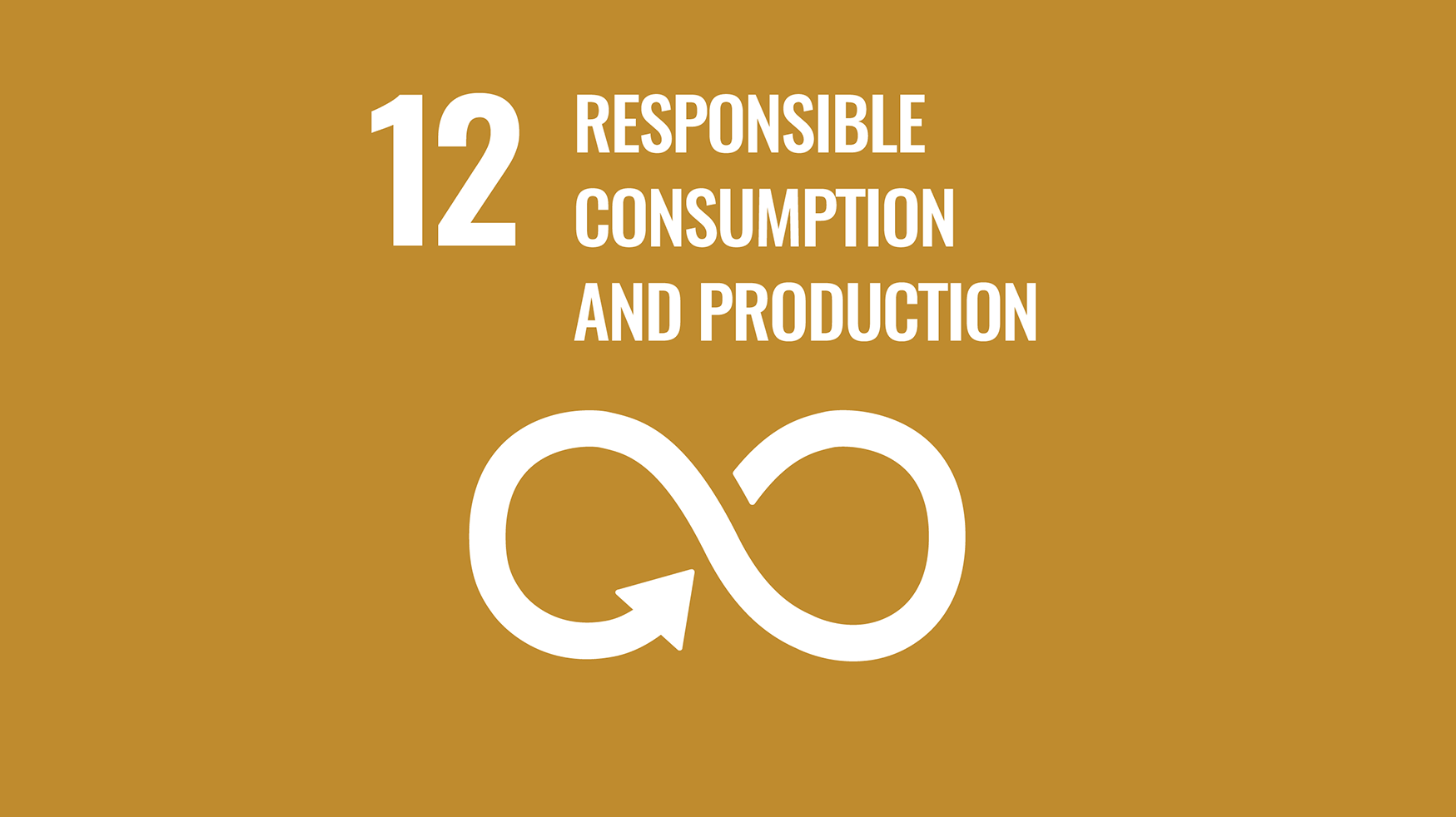
Resource-intensive sectors such as mining, agriculture, manufacturing, and construction are key drivers of Serbia’s GDP growth. They make it vital for the country to prioritise minimising environmental degradation and waste generation. This can be done by adapting circular economy practices and enhancing the citizens’ awareness of the topic to foster a greater understanding of how to accelerate socio-economic growth in a sustainable way among the public.
To help make this happen, NTU is implementing the EU-funded project “Implementation of Circular Economy Principles in Municipalities and Companies as a Tool for Achievement of Sustainable Development in the Republic of Serbia”. The aim is to support the businesses, Local-Self-Government administrations and the residents of the Republic of Serbia in taking action towards the transition to circular economy.

Implementation
During the implementation, NTU puts emphasis on stakeholder engagement to ensure smooth communication and efficient collaboration among all the interested parties. Both quantitative and qualitative methods are used to gather the stakeholders’ feedback on their perspectives on the circular economy. They include surveys and semi-structured interviews, using real-time communication tools. The capacity-building aspect of the project is covered by the following initiatives:
(1) study tours to the EU Member States to provide the representatives from Local Self-Governments with valuable insights into successful methodologies regarding innovative waste management approach on a local level. The study tours involve showcasing green initiatives and smart recycling solutions;
(2) multi-tiered workshops, based on role-playing and hands-on activities with case studies and scenarios for sector-specific groups and their representatives on a municipal level. Cross-sector discussions and identification of the best solutions are at the core of the workshops;
(3) seminars with panel discussions and networking sessions on the main issues for the circular economy transition in Serbia. The goal is to support forming partnerships strengthening the potential of their members at the same time;
(4) comprehensive training for the selected companies based on the synthesis of the needs assessment. The training program involves circular economy concepts like waste reduction and utilisation, green procurement, and efficient resource allocations with a focus on skill acquisition, partnership collaboration and resources management. Teaching methods include presentations and group activities with manuals and handouts.
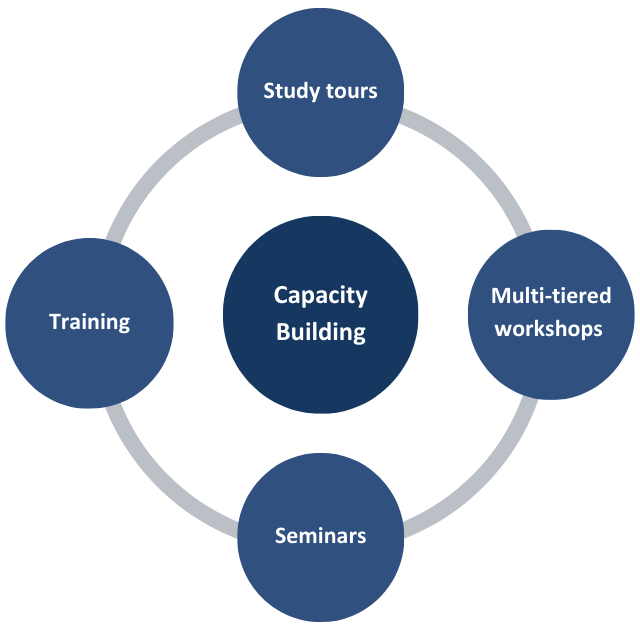
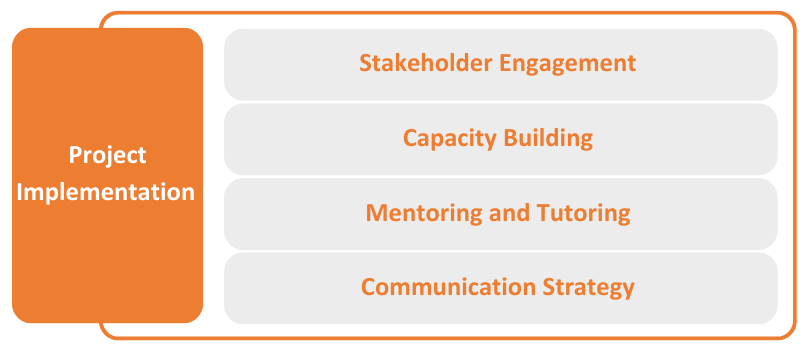
NTU is also setting up a mentoring and tutoring team for optimisation of energy efficiency, resource use reduction, waste minimisation, and pollution control by the companies.
We strive to encourage knowledge sharing by regular follow-up meetings, and prepare a neatly-tailored Communication Strategy to mobilise the target audience effectively.
Expected Impact
-
Facilitated transition to circular practices for businesses, local governments, and citizens in Serbia;
-
Empowerment of businesses to adopt resource-efficient models;
-
Enhancement of local government capacities for planning and policy development;
-
Increased awareness about the citizens’ role in the circular economy;
-
Efficient promotion of environmental benefits of the circular economy;
-
New opportunities for innovation and job creation.
SDGs:
